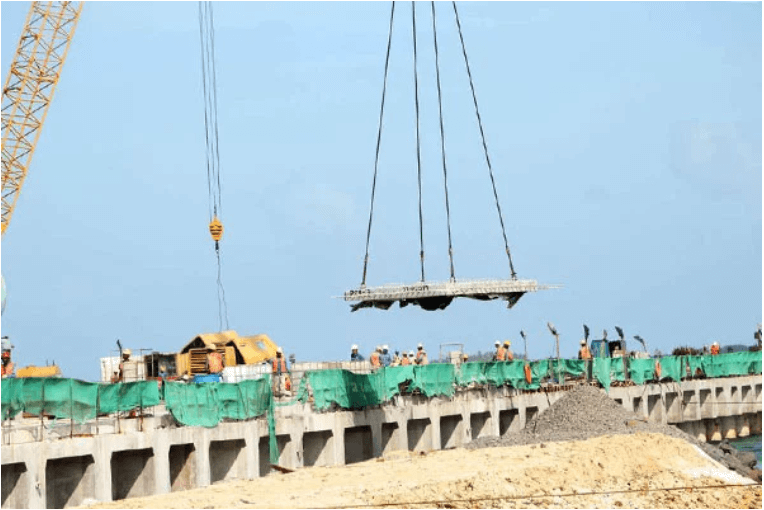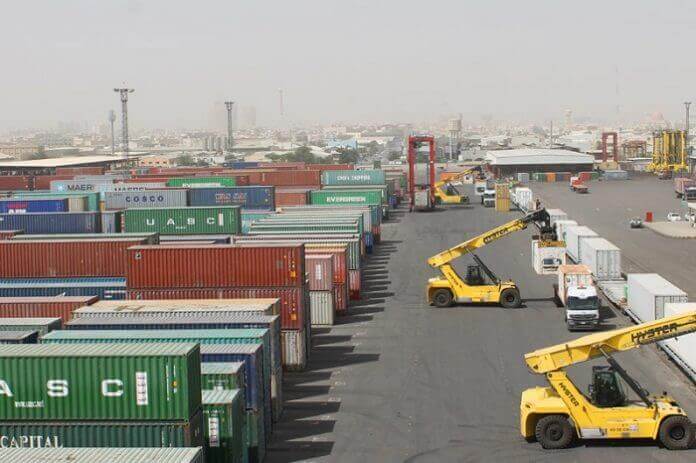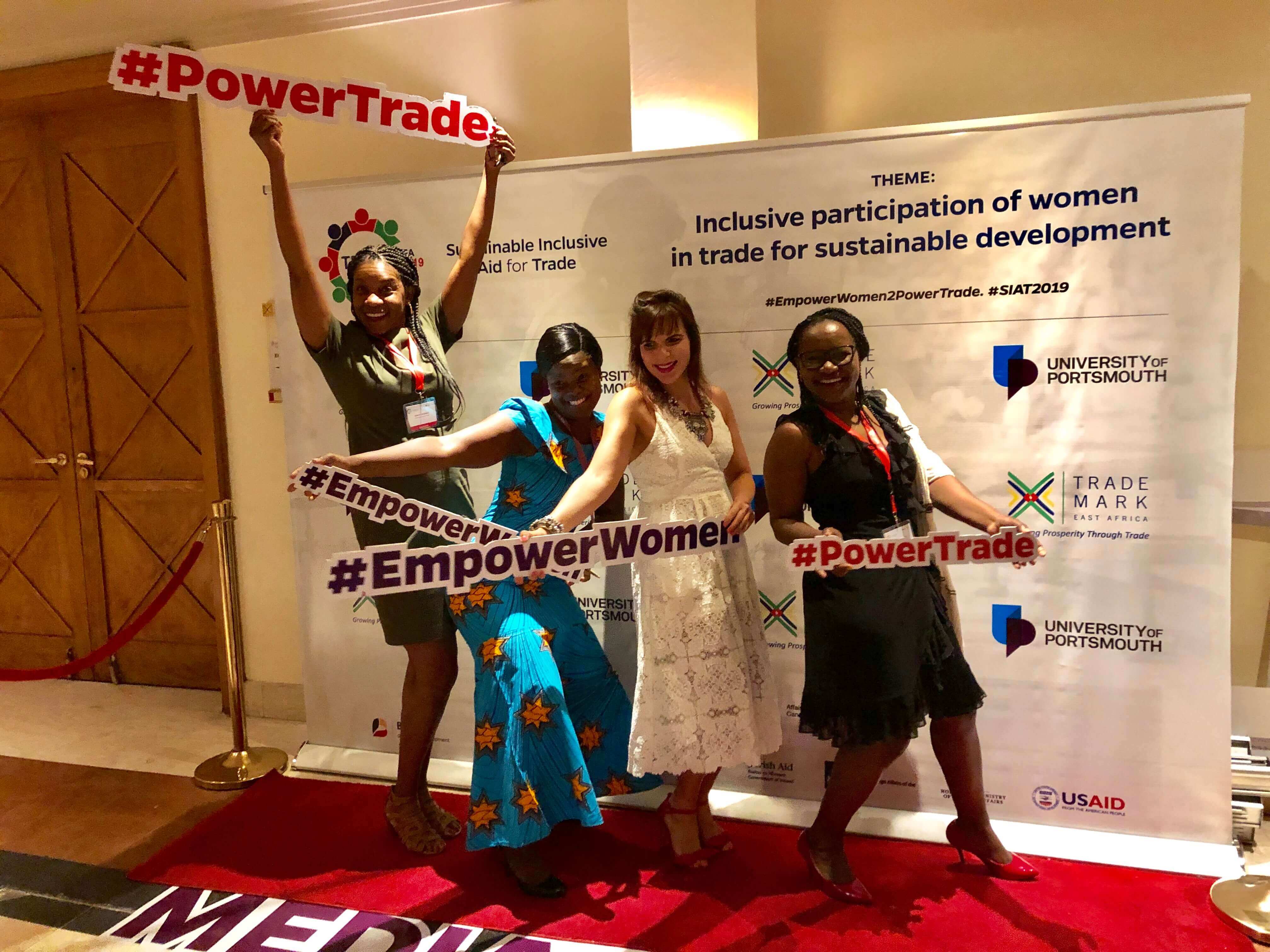In a couple of weeks, Kenya will open the first phase of its multi–billion dollar Lamu Port, the beachhead to the Lamu Port South Sudan Ethiopia Transport (Lapsset) Corridor. That will be the second new logistics corridor after the Djibouti-Ethiopia standard gauge rail that went into service a few years ago. Yet to be done, Djibouti is also in the middle of a mega project to expand its port while to the south, Tanzania which has in recent years completed upgrades to the Dar es Salaam port, is now betting on a new port at Bagamoyo. Invariably, all these projects target the Eastern Africa hinterland with all contenders aiming to be the logistics hub of the region. Looking at East Africa’s or even Africa’s logistics map, it is not in dispute that the region and continent suffers a huge infrastructure deficit. But must the projects be this grandiose? There is indeed a case for developing infrastructure but a sense of proportion and degree of co-ordination are needed to make these projects viable. Multiple corridors provide critical redundancy in the event of failure, if they are inter-linked. But their economic efficiency needs to be looked at in more practical than academic terms because the economies are racking up huge debt to build these projects. For instance, the Lapsset Corridor aims to link Lamu, South Sudan and Ethiopia along a logistics umbilical cord comprising rail, an oil pipeline, electric power and roads. At the same time, if at all the Kenya standard...
EDITORIAL: Sense of proportion needed in EA infrastructure push
Posted on: October 29, 2019
Posted on: October 29, 2019



![The Africa Continental Free Trade Agreement…An Important Instrument For Ghana And Africa’s Economic Advancement [PART 1]](https://www.trademarkafrica.com/wp-content/uploads/2014/01/no-image.jpg)















